Social Sciences, Free Full-Text
4.9 (469) In stock
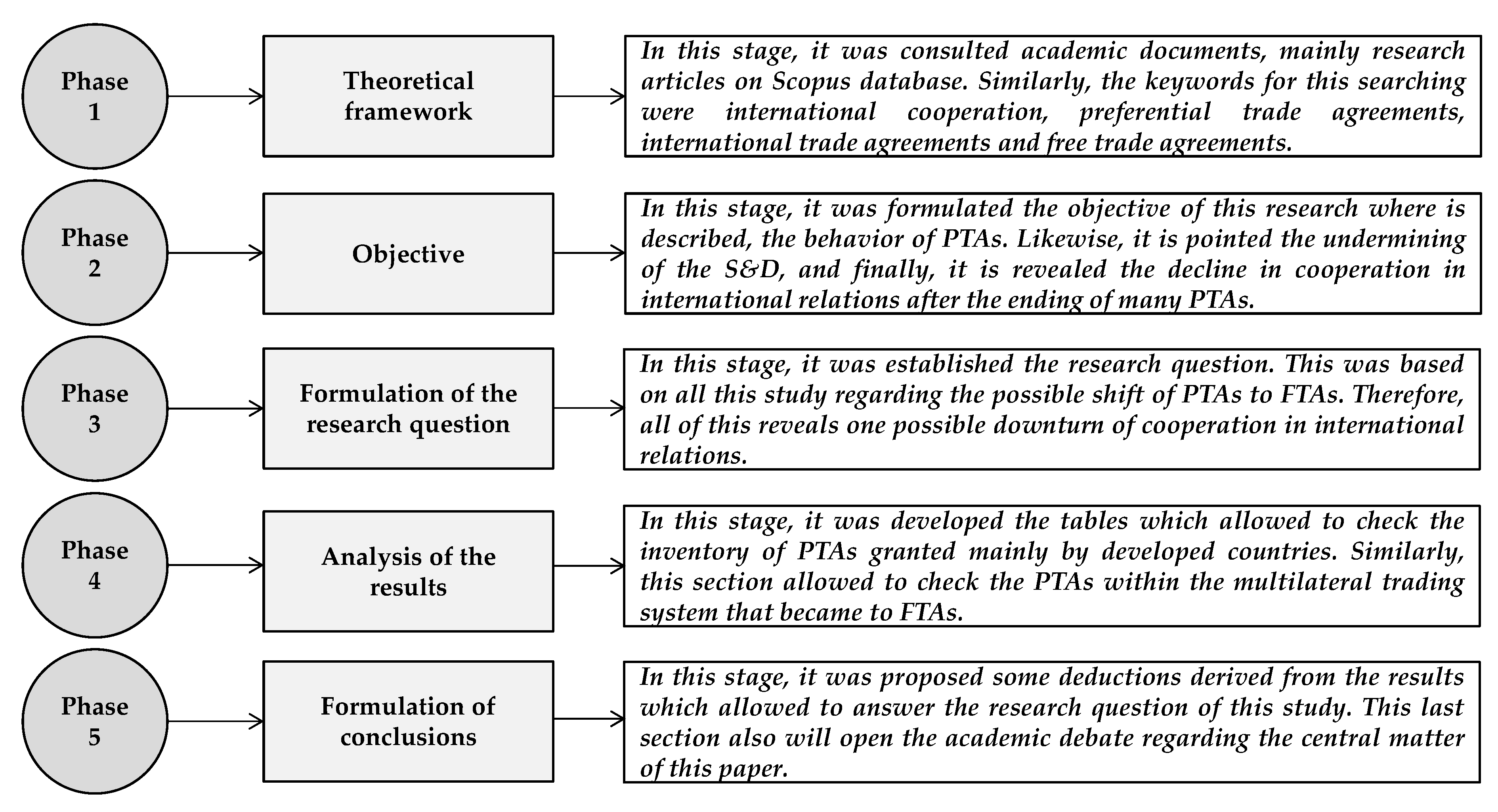
Since the signing of the General Agreement on Tariffs and Trade (GATT) and the creation of the World Trade Organization (WTO), preferential trade agreements (PTAs) have been an interesting tool to promote international cooperation through the granting of non-reciprocal and/or unilateral tariff preferences by developed countries to developing countries. These international agreements have tended to generate critical trade dependencies for the receiving countries. Due to the circumstances of world trade and due to the lack of interest of the grantors to maintain this type of tariff preference, these developing countries are forced to renegotiate their PTAs into to free trade agreements (FTAs). To demonstrate this, we conducted a qualitative analysis to characterize the behavior of PTAs and their impact on the configuration of FTAs and to obtain indicators and trends. The results suggested a predominance of FTAs and a decline in PTAs. This was done to maintain access to the markets within those granting countries, which also became the main trading partners of these PTA recipient countries.
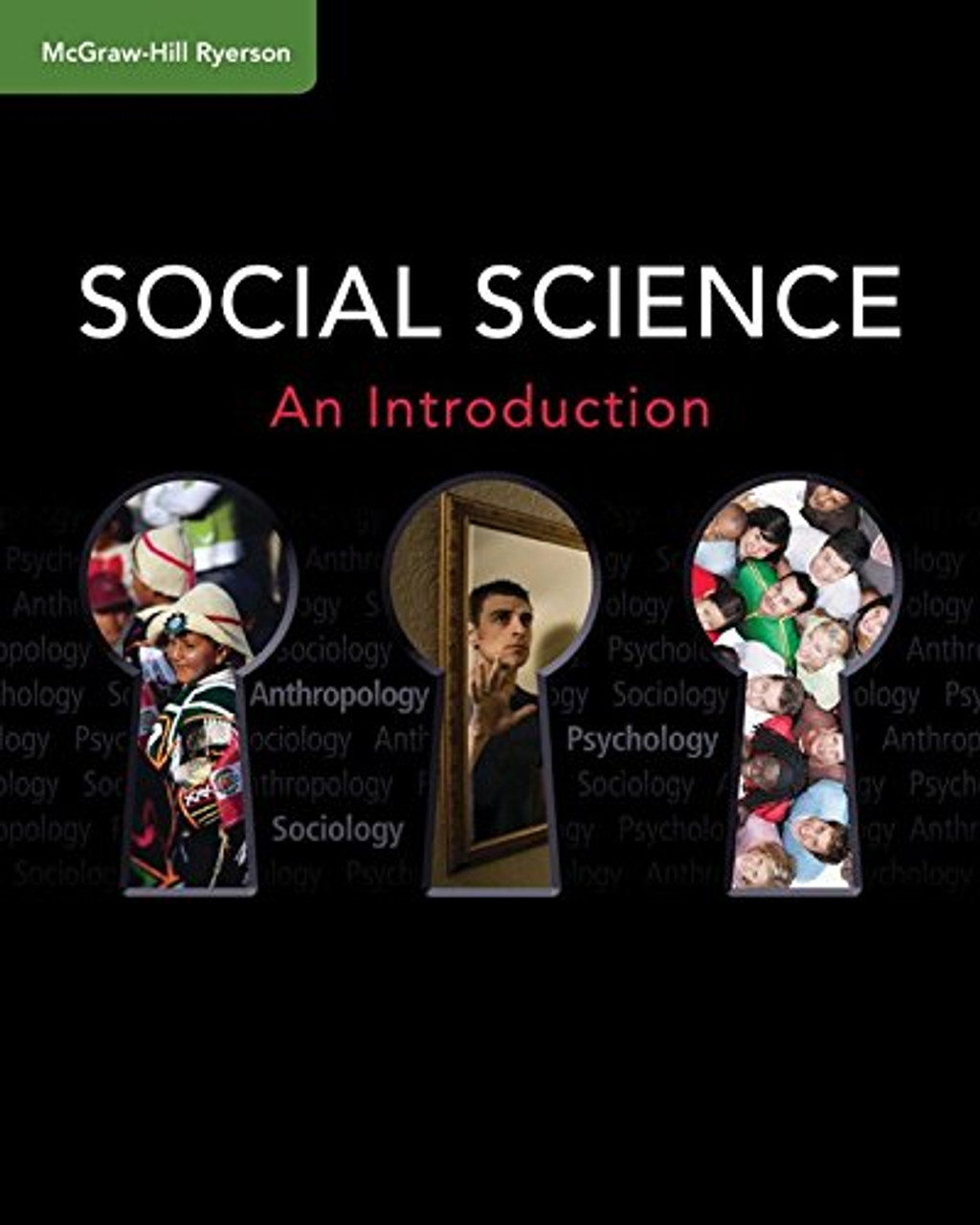
Social Science - An Introduction - Nelson
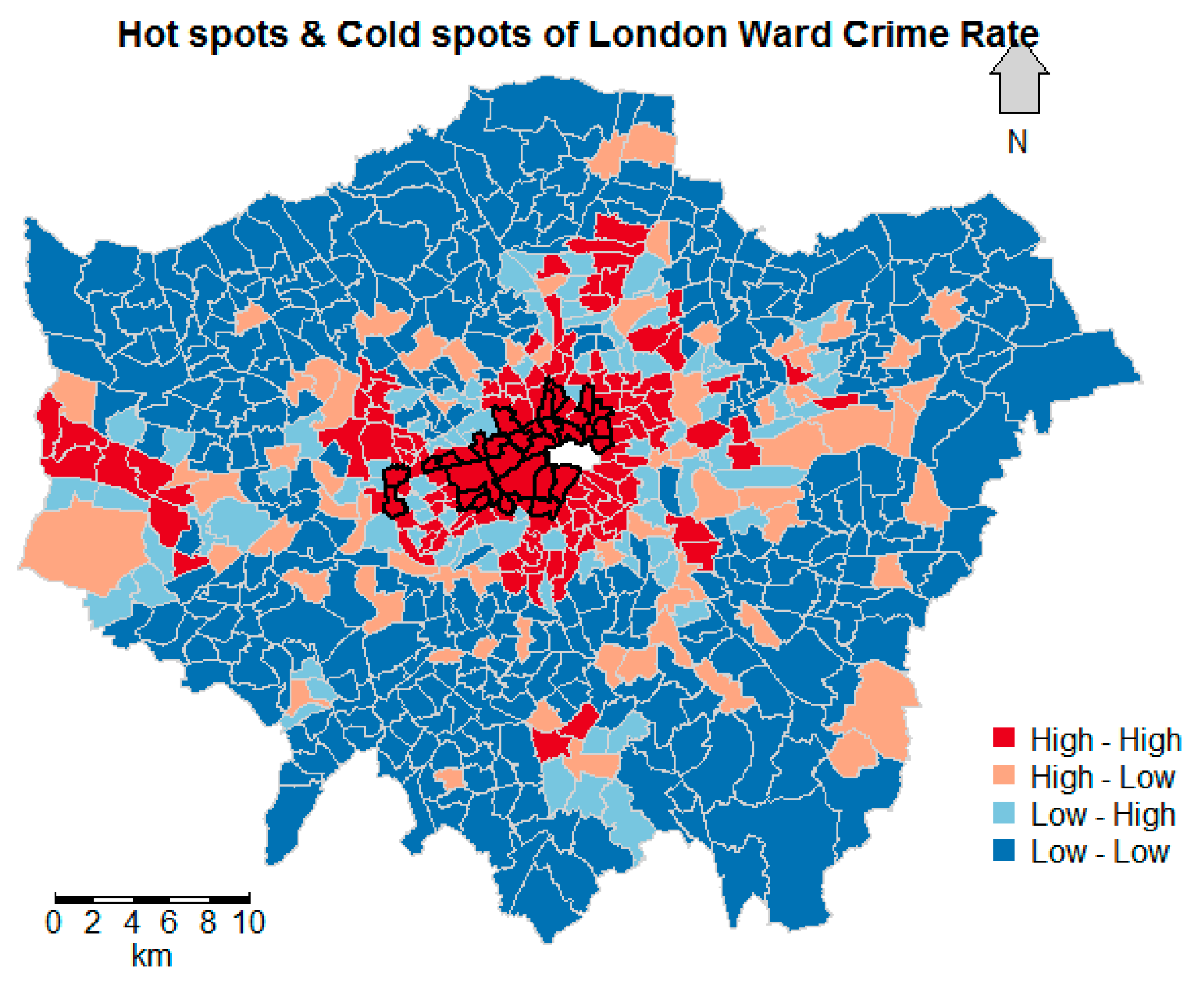
Charlton London Crime Rate

NUST Journal of Social Sciences and Humanities

Social Science 上海纽约大学

Social Sciences, Free Full-Text
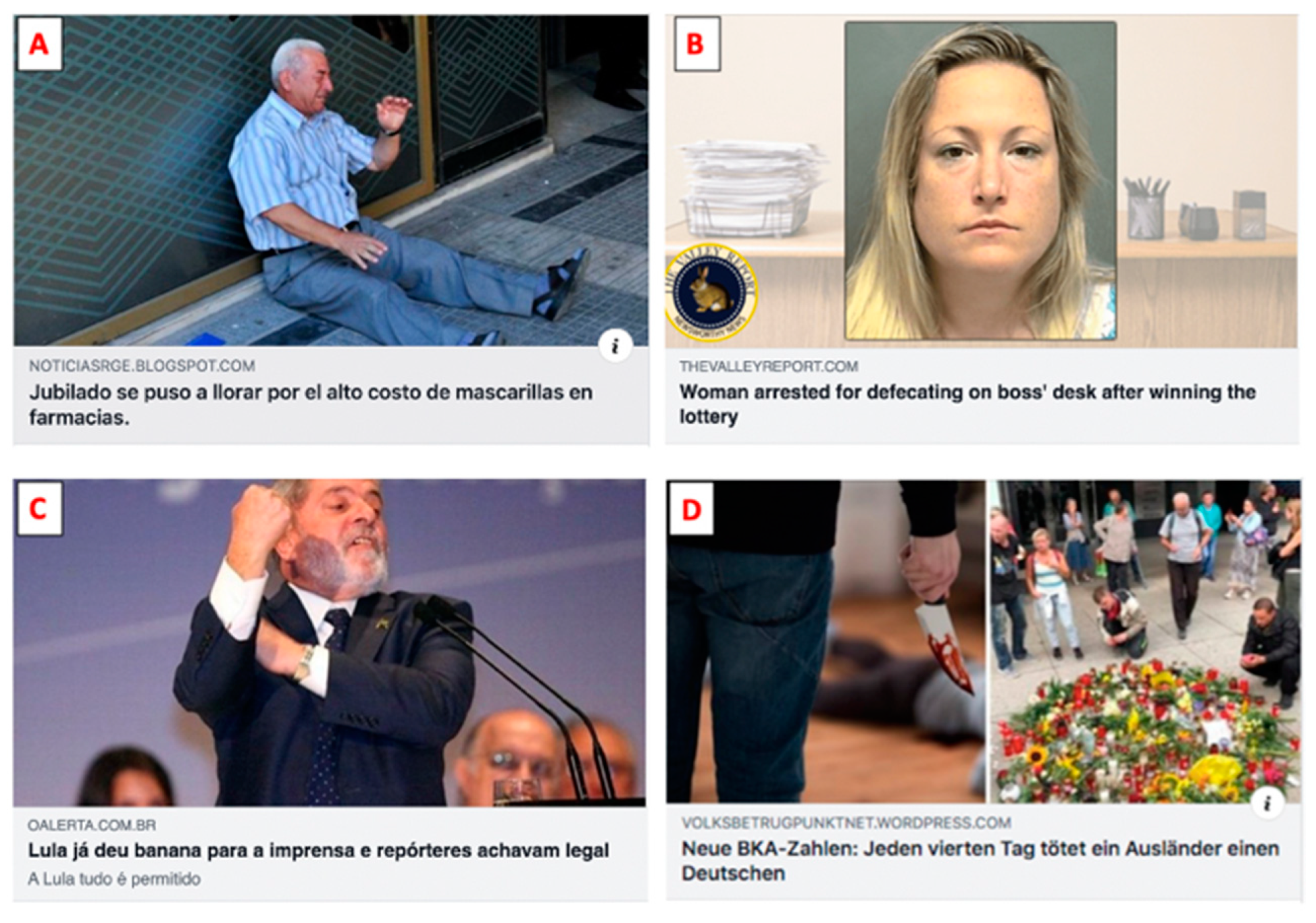
Social Sciences, Free Full-Text

Social Sciences Full Text

Sustainability Free Full-Text Research As A Base For, 60% OFF
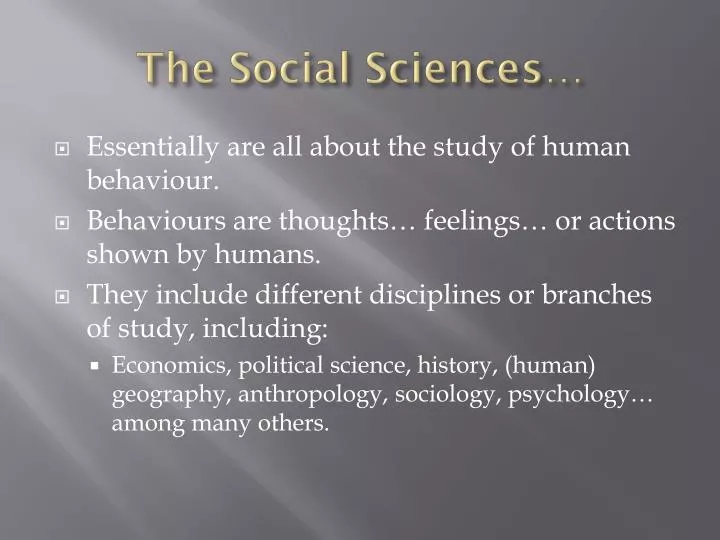
PPT - The Social Sciences… PowerPoint Presentation, free download
Free trade agreement: Implications for patents and designs • Moeller
Top 4 Must-Know International Free Trade Agreements For Businesses
State of Trade 2022: The Benefits of Free Trade Agreements
 Deep Under Lingerie Set - Buy Neon Green Deep Under Lingerie Set Online at Best Prices in India
Deep Under Lingerie Set - Buy Neon Green Deep Under Lingerie Set Online at Best Prices in India Reebok UFC FK CMG Walkout Hoodie Preto
Reebok UFC FK CMG Walkout Hoodie Preto Scar Roller, Scar Tissue Massager for Post-Surgery
Scar Roller, Scar Tissue Massager for Post-Surgery- Cameron Hanes - After you do all your dumbbell, barbell, preacher
 SAYFUT Women Underwear Cotton Panties Plus Size Breathable Soft Briefs Panty Full Coverage Solid Color 2 Pack
SAYFUT Women Underwear Cotton Panties Plus Size Breathable Soft Briefs Panty Full Coverage Solid Color 2 Pack Warners, Intimates & Sleepwear, Warners Cloud 9 Bra Super Soft Wireless Lift Convertible Comfort Rn41a New
Warners, Intimates & Sleepwear, Warners Cloud 9 Bra Super Soft Wireless Lift Convertible Comfort Rn41a New
